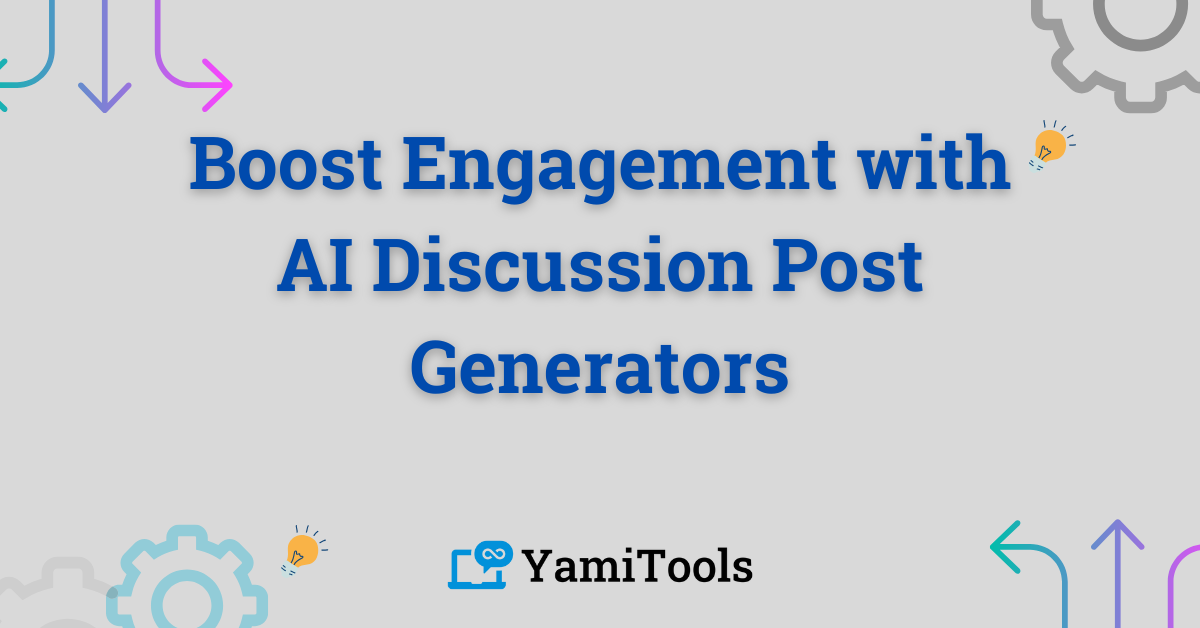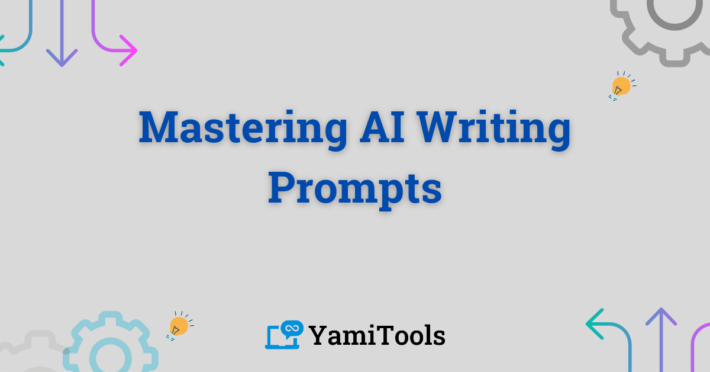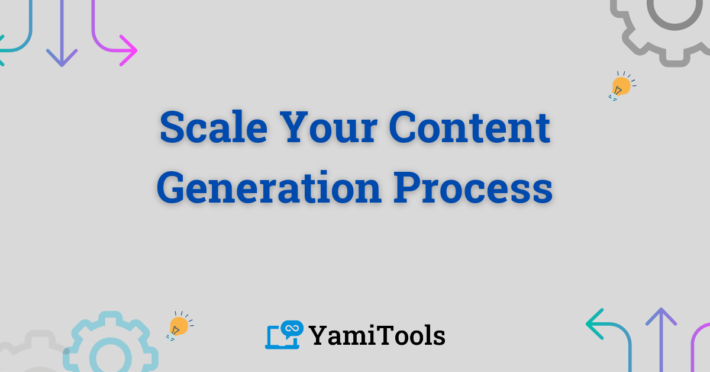AI for Marketing: Top Tips and Tools from Marketing Experts
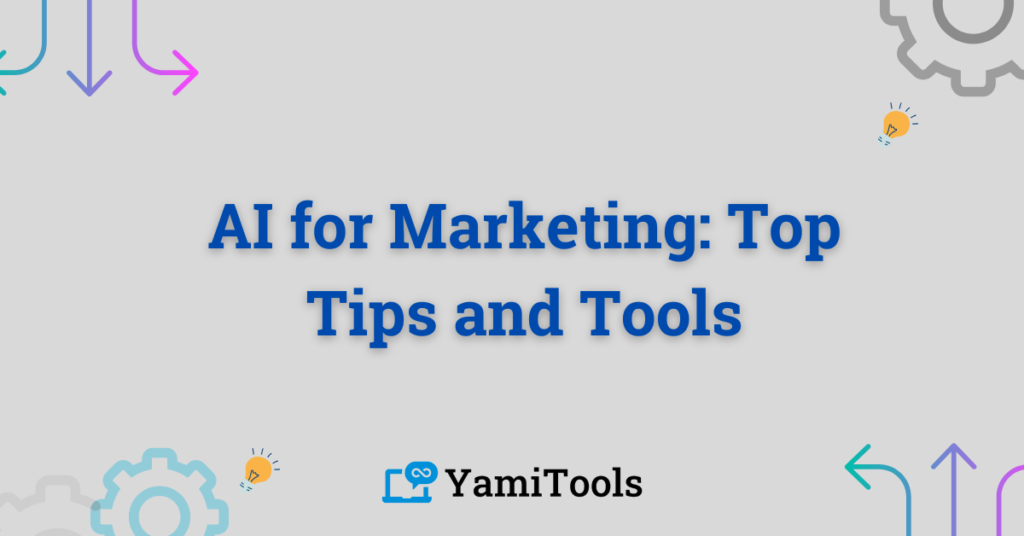
Introduction
Artificial Intelligence (AI) has become an invaluable tool for marketers in the ever-evolving digital landscape. From automating tasks and personalizing customer interactions to optimizing campaigns and predicting trends, AI empowers marketers to make smarter, faster, and more informed decisions. But with a wide array of tools and strategies available, where should marketers focus their efforts? This guide combines insights from industry experts with practical tips and top AI tools to help you harness the power of AI in marketing.
Table of Contents
- Why AI in Marketing Matters
- Top AI-Driven Marketing Strategies
- Essential AI Tools Recommended by Marketing Experts
- Real-World Success Stories
- Future Trends in AI Marketing
- Key Takeaways and Final Thoughts
1. Why AI in Marketing Matters
A New Era of Customer-Centric Marketing
AI’s ability to analyze and learn from data allows brands to connect with customers on a highly personalized level. Today’s consumers expect personalized experiences and seamless interactions across channels. AI algorithms help marketers gather insights from user data, identify trends, and craft targeted strategies that resonate.
Increased Efficiency and Optimization
AI simplifies complex processes, allowing marketers to streamline tasks and focus on strategic efforts. Whether automating repetitive tasks, optimizing ad spending, or identifying high-potential audiences, AI helps marketers save time, reduce costs, and maximize ROI.
Real-Time Analytics and Adaptation
One of AI’s greatest strengths lies in its ability to process data in real-time. Marketers no longer have to wait weeks for insights; they can adapt their campaigns on the fly based on real-time feedback and continuously optimize to improve performance.
2. Top AI-Driven Marketing Strategies
a) Predictive Analytics for Customer Insights
Expert Insight: “Predictive analytics helps marketers anticipate customer needs and craft proactive marketing strategies.” — Emily Vargas, Data Analyst
Predictive analytics uses historical data, machine learning, and algorithms to predict future outcomes, helping marketers identify patterns and make data-driven decisions. This enables brands to:
- Anticipate customer behavior
- Personalize messaging based on likely outcomes
- Plan inventory and demand for seasonal trends
Top Use Case: Customer Lifetime Value Prediction — Predictive analytics can help identify which customers are likely to make repeat purchases, guiding efforts in customer retention.
b) Chatbots and Conversational AI for Customer Engagement
Expert Insight: “AI-powered chatbots can handle common customer inquiries, providing instant support and enhancing customer experience.” — Daniel Rojas, Customer Engagement Specialist
AI chatbots improve customer engagement by offering immediate responses. They can address frequently asked questions, guide customers through purchase decisions, and even help troubleshoot issues, which enhances the overall customer experience.
Top Use Case: Lead Qualification — AI chatbots can interact with website visitors and identify potential leads, passing on qualified prospects to the sales team for follow-up.
c) Personalization at Scale
Expert Insight: “Personalized experiences drive higher engagement rates, and AI allows marketers to do this at an unprecedented scale.” — Sarah Kim, Marketing Strategist
AI analyzes data from various touchpoints to understand individual preferences, allowing for hyper-personalized content delivery. Personalized emails, website experiences, and product recommendations result in higher conversion rates and foster customer loyalty.
Top Use Case: Dynamic Content for Websites and Emails — AI tools can tailor website elements or email content based on user behavior, showing different content to different audience segments.
d) AI-Powered Content Creation and Curation
Expert Insight: “AI assists in both generating ideas and repurposing existing content based on what’s trending.” — Marco Dellucci, Content Marketing Expert
AI-powered tools can analyze top-performing content and trends to help generate new ideas. Additionally, AI tools can also assist in creating and curating content that resonates with the target audience, saving marketers valuable time and effort.
Top Use Case: SEO Optimization — AI content tools can suggest relevant keywords, topics, and content formats based on search engine trends and audience behavior.
e) Programmatic Advertising
Expert Insight: “With programmatic advertising, AI can place ads strategically based on real-time user data.” — Chloe Yang, Digital Advertising Expert
Programmatic advertising leverages AI to automate the buying and placement of ads across platforms in real time. AI ensures that ads are shown to the right audience at the right time, optimizing ad spend and increasing effectiveness.
Top Use Case: Retargeting Campaigns — Programmatic ads retarget visitors who left a website without converting, keeping the brand top-of-mind and potentially increasing conversions.
3. Essential AI Tools Recommended by Marketing Experts
a) HubSpot – For AI-enhanced CRM and Automation
HubSpot’s AI-powered features include lead scoring, predictive analytics, and personalized content recommendations. It’s ideal for companies looking to enhance customer relationship management and streamline marketing automation.
b) YamiTools.com – For Content Generation
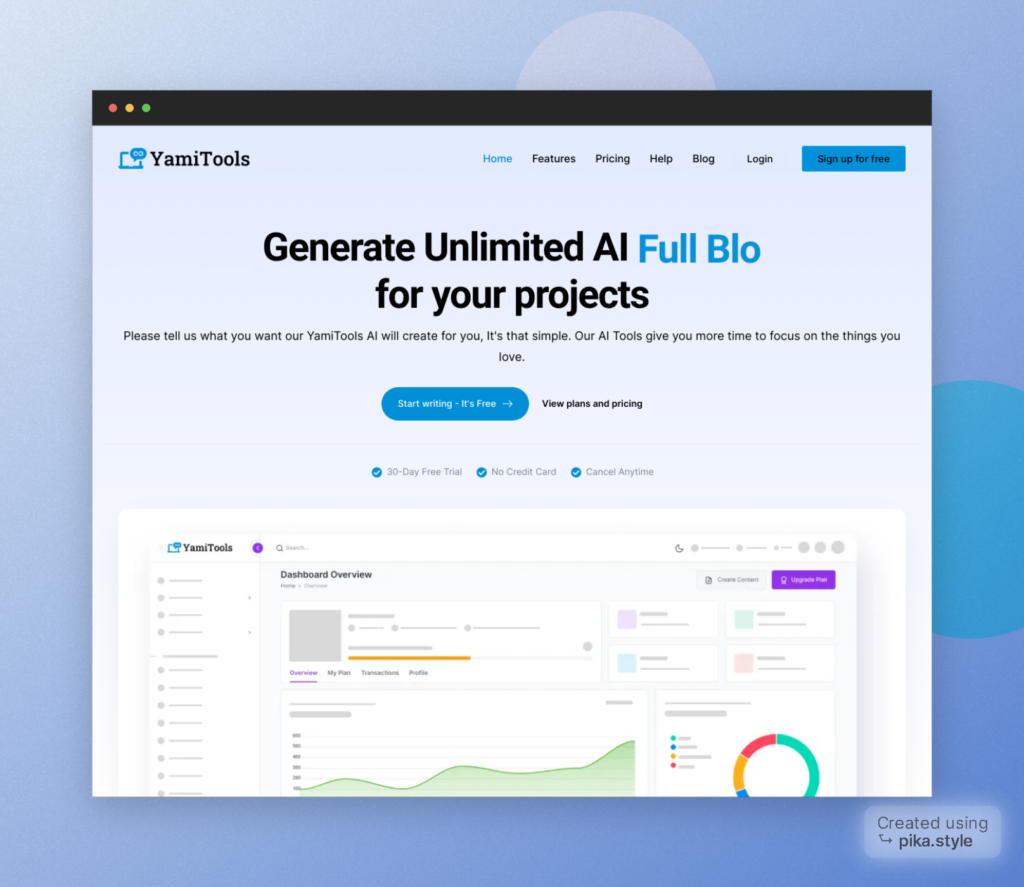
YamiTools is an AI-driven content creation tool that helps marketers generate high-quality blog posts, social media content, and emails. yamitools’s natural language processing makes it a valuable tool for teams needing assistance with content creation.
c) Salesforce Einstein – For Predictive Analytics and Customer Insights
Salesforce Einstein uses AI to provide predictive insights into customer behavior and helps identify patterns that can guide marketing strategies. This is particularly useful for businesses wanting to optimize CRM with AI-based recommendations.
d) Google Analytics and GA4 – For AI-Enhanced Analytics
Google’s latest analytics platform, GA4, uses machine learning to offer predictive metrics, including the likelihood of conversion and potential revenue from specific audience segments. This tool is essential for any business focused on data-driven decision-making.
e) Persado – For AI-Powered Language Optimization
Persado uses AI to analyze and optimize language in marketing communications, suggesting the words and phrases that are most likely to drive engagement and conversion. This tool is perfect for crafting persuasive copy based on data insights.
f) Sprinklr – For Social Media Listening and Sentiment Analysis
Sprinklr uses AI to monitor social media conversations, track brand sentiment, and analyze engagement trends. It helps marketers stay connected to audience feedback and refine their social media strategies based on real-time insights.
4. Real-World Success Stories
Case Study 1: Sephora’s Chatbot for Personalized Customer Service
Sephora uses AI chatbots to provide personalized recommendations, answer common questions, and facilitate a seamless shopping experience. By integrating chatbots on its website and app, Sephora enhances engagement and assists customers without requiring live agents for every interaction.
Case Study 2: Netflix’s AI-Powered Content Recommendation Engine
Netflix leverages AI to suggest shows and movies based on individual viewing habits. By personalizing recommendations, Netflix maintains high engagement rates and keeps viewers within the platform for longer periods.
Case Study 3: The North Face’s Use of IBM Watson for Product Recommendations
The North Face uses IBM Watson to help customers find products suited to their needs. Using natural language processing, the AI recommends products based on customer responses to questions, creating a personalized shopping experience.
5. Future Trends in AI Marketing
a) Enhanced Visual and Voice Search
As visual and voice search become more popular, AI is adapting to understand and respond to these queries. Brands will need to optimize their content for voice and visual search to stay competitive.
b) Increased Use of Augmented Reality (AR) in Marketing
AI and AR are converging to offer interactive and immersive experiences. Marketers are already using AR to allow customers to try products virtually, and this trend is expected to grow.
c) AI-Driven Predictive Content Creation
AI tools are increasingly able to predict which types of content will be successful with specific audiences. In the future, content creation will likely become more predictive, helping marketers anticipate trends and create content that aligns with emerging interests.
d) Privacy-First AI Approaches
With growing concerns about data privacy, AI-driven marketing tools are adapting to provide personalized experiences without compromising customer privacy. Expect to see more tools that prioritize data security while delivering valuable insights.
6. Key Takeaways and Final Thoughts
AI in marketing is not just a passing trend but an essential shift in how brands connect with their audiences. It enhances customer experience, increases efficiency, and enables smarter decision-making. Here are some key takeaways from marketing experts on successfully implementing AI:
- Invest in Quality Data: The quality of AI insights depends heavily on data. Make sure your data is accurate, clean, and relevant to get the best results from AI tools.
- Start Small and Scale: If you’re new to AI, start with one or two tools that solve specific pain points. As you grow comfortable, you can add more sophisticated tools and strategies.
- Stay Updated on Trends: AI in marketing is evolving rapidly. Keep an eye on industry developments to stay competitive and leverage new AI capabilities as they emerge.
- Measure and Optimize Continuously: AI works best when used in an iterative process. Analyze results, make adjustments, and refine your strategies to achieve ongoing improvement.
By strategically implementing AI tools and staying informed on best practices, marketers can unlock new levels of performance and customer satisfaction. AI is no longer the future of marketing; it’s the present. Embracing it thoughtfully can position brands for sustainable growth and success.

